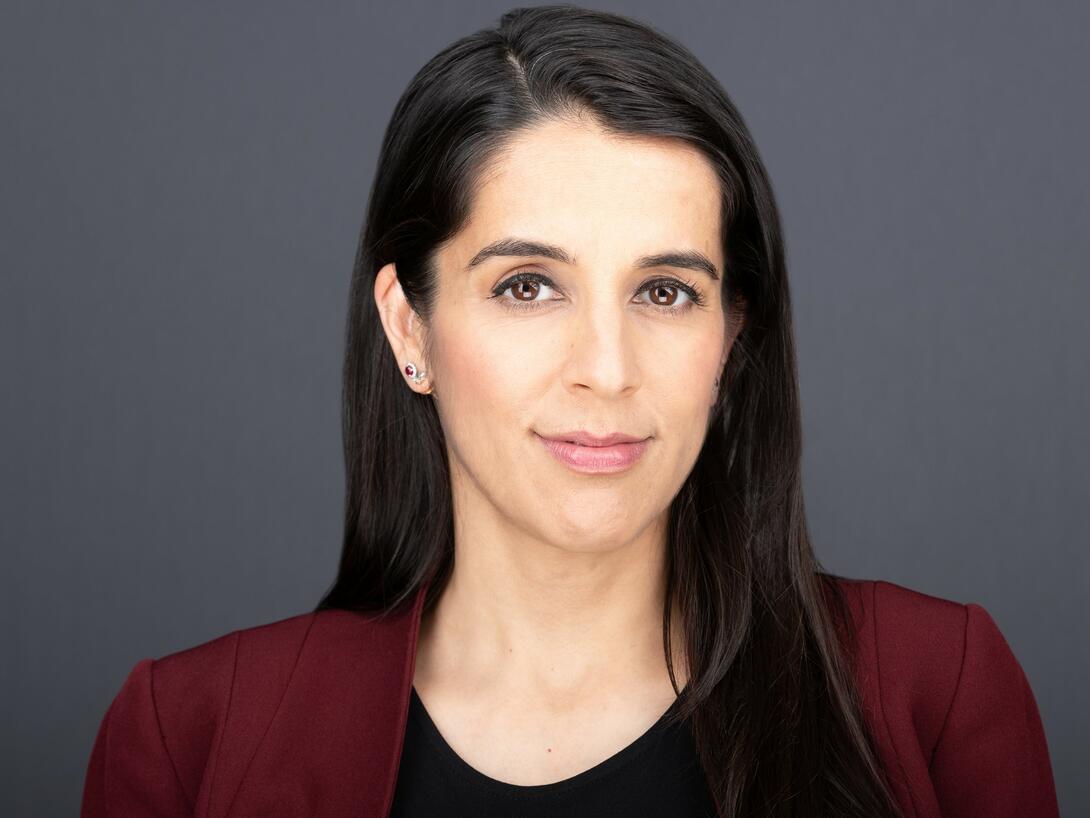Overview
Sustainable and impact investing is attracting enough capital to start having a meaningful impact on the world’s most pressing problems. Globally, more than $22.8 trillion is invested sustainably, representing more than one dollar for every four dollars under professional management. The rapid pace of recent growth has been driven by a fundamental shift in how investors and asset owners view environmental, social, and governance (ESG) factors. As the fastest growing segment of sustainable investing, impact investing is a strategy that modern investors, financial advisors, and money managers need to be well versed in, especially as a new generation of investors clamor for it.
This six-week online program is designed and taught by Bhakti Mirchandani, who teaches an award-winning impact finance course for Columbia’s Masters in Sustainability Management program and has authored more than 90 articles on sustainable and impact investing.
Please contact our partners at Emeritus at columbia@emeritus.org, +1 315-982-5094, or +1 315-277-2746 for a personal conversation about this program and how it may benefit you.
Delivered in collaboration with
- of individual investors say they’re interested in using their investing dollars to affect social and environmental change. SOURCE: MORGAN STANLEY’S 2018 SUSTAINABLE INVESTING REPORT.
- 84%
- of investors agree they would be much more loyal to a financial advisor who actively helps them invest in a way that also has a positive impact on the world. SOURCE: NUVEEN'S 2021 SIXTH ANNUAL RESPONSIBLE INVESTING SURVEY.
- 79%
- is the estimated global impact investing market size according to the 2020 survey by the Global Impact Investing Network (GIIN).
- $715 billion
Impact
By participating in the program, you will:
- Explore how mainstream financial instruments and financial markets work as the backdrop for devising a sustainable investing strategy
- Understand the investment value chain, from asset owners and asset managers to organizations, using application exercises and case studies to illustrate these three vantage points
- Discover how successful impact investors measure social and environmental impact and use it to guide investment decisions
- Examine seven approaches to sustainable and impact investing:
- Private equity in frontier markets
- Environment, social, and governance (ESG) integration
- Mission-related investments
- Social impact bonds
- Green bonds
- Crowdfunding
- Investment stewardship
Program Structure
Participant Profile
- Institutional investors and family office professionals who need to upskill in this increasingly important investment segment, justify impact investing, and respond to stakeholder demand
- Venture capitalists, angel investors, and high net worth individuals who want to advance their mission of making a positive impact with their investment dollars, gaining the quantitative and qualitative skills required to make a measurable impact
- Financial advisors and consultants who want to provide intelligent impact investing solutions for modern investors, including millennials and Gen Z’s, who are more motivated to invest in assets that align with their personal values
Prerequisites: Some knowledge of financial markets and instruments such as equities, bonds, and CDOs is required.
Faculty
Sign Up for Email Alerts
Sign up for program updates and content relevant to today's business leaders from Columbia Business School Executive Education.

